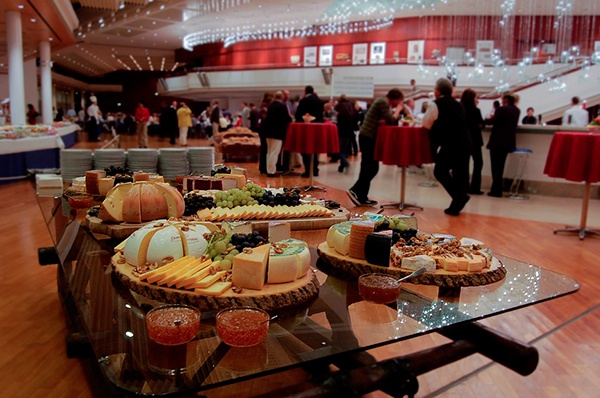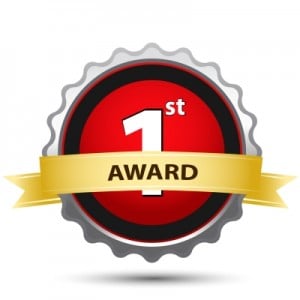As happens with any project, the objectives are the most important part of an event. Defining them clearly in detail is essential to organizing an event and implementing the other stages properly, at both a strategic and an organizational level.
Tips to help you define objectives
When planning the objectives of a meeting, company dinner, recreational activity or any other event of this nature, it is advisable to bear in mind the following points:
1) Establish the most specific and detailed objectives possible
Avoid general statements like “through this conference I wish to increase sales and enhance my network of contacts”. Objectives must be much clearer and more specific. For example, “our goal is to increase annual sales of a specific product (for example a financial software package) by 10-15% following a presentation of that product” or “we will organize a three-day conference in a luxury hotel to increase our network of suppliers and customers by between 300 and 400 people”.
2) Approach their definition from a qualitative and/or quantitative perspective
As far as possible, objectives must be measurable in a quantitative form: sales percentage achieved, number of services hired, specific professionals added to our corporate network, etc.
There are certain objectives, such as improvement of the working mood or intensification of camaraderie after a recreational activity, which are very difficult to calculate using figures and concrete numerical data. However, they can always be evaluated qualitatively using surveys, observation of the attitudes of the employees, etc.
3) Seek objectives which can be used to influence a group
Events are live communication activities which can essentially be used to ensure a specific group takes action.
Bearing this maxim in mind, try to define objectives which specify the type of action: buying a product, strengthening loyalty, activating contacts, acquiring knowledge, changing attitudes, enhancing skills, improving the cohesion of a team, etc.
4) Prioritize content over form
To ensure that the desired objectives are genuinely achievable, focus more on the content of the event than the purely formal issues.
This approach represents a significant change over the approach employed until recently, which prioritized the venue or space, the catering, the decoration and the entertainment over the issues to be addressed by the event and how to present them.
In recent years, the concept of “Meeting Architecture” has become fashionable. This concept prioritizes the content of events intended to achieve objectives over the merely formal aspects.






